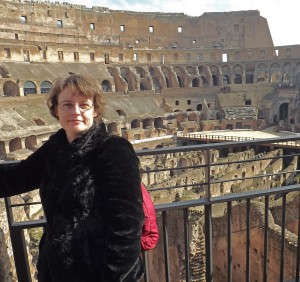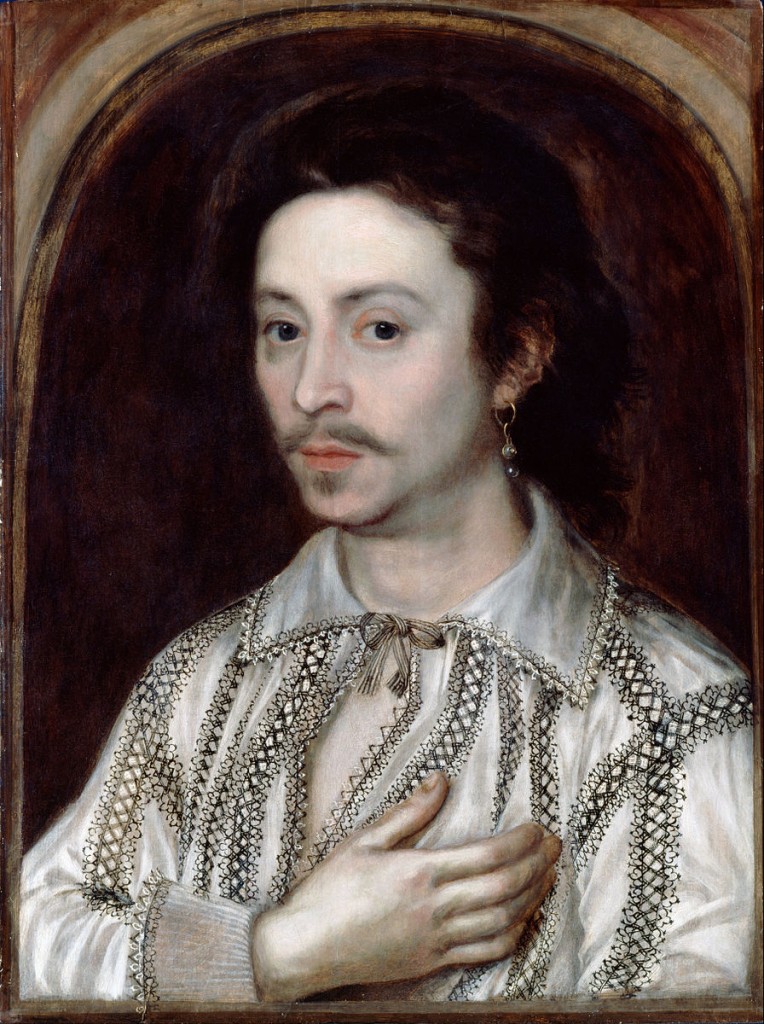 I’m delighted to be able to introduce myself as the new Honorary Associate for the OU Classics Department. You can find me at:
I’m delighted to be able to introduce myself as the new Honorary Associate for the OU Classics Department. You can find me at:
http://www.open.ac.uk/Arts/classical-studies/ackroyd.shtml
My day to day work is for the OU as an Associate Lecturer. Having completed my PhD recently I am what is classed as an ‘early career researcher’, so it’s out into the big wide world to make new academic friends and find out what is going on at conferences. I’m also working on getting material published in journals and hopefully a book soon. My first job on graduation was to work towards my Fellowship of the Higher Education Academy. I passed this last month so I now have letters after my name as well as Dr in front of it.
My PhD. work focused on ‘The Recruitment and Training of the Child Actor on the London Stage c.1600’. This may not on first glance seem a subject which has a particularly Classical focus, however…
The theatre company which my research covered was based at Blackfriars in the City of London on the north side of the Thames. This organisation was in direct competition with the theatres on the south side of the Thames, such as the Globe where Shakespeare was working. Hang on a minute, I can hear you saying, there were no theatres in London, actors weren’t allowed within its boundaries. Well, the company at Blackfriars were a little different to those acting across the river. The company was staffed solely with actors who were boys. They presented their plays at a more select indoor venue which led to a more upmarket clientele than those attending performances at the open air venues south of the river. On average the cost of the cheapest ticket to a performance at Blackfriars was the same as the most expensive ticket available at the Globe. In fact, the patrons were so well off that London had to introduce its first one way system and no parking area for horse drawn coaches dropping off and picking up the theatre patrons as they were creating rampant traffic jams in the area.

Portrait of Nathan Field c. 1610, now in the collections of Dulwich Picture Gallery. Image from Wikimedia Commons.
A more select audience demanded a more educated and refined actor. As a result, many of the boys recruited to perform at the venue had a grammar school education. This is where the Classical component comes in. They knew Latin and sometimes Greek, they were familiar with the Classical texts which were taught day in day out at the schools. Ovid’s Heroides was especially significant for those boys who would later join the theatre as it taught them to consider dramatic and emotional events from a women’s perspective. Remember, this was the time when there were no English women on the commercial stage. Boys covered all the roles. Their education would also have involved learning by rote and, as a result, they would have an excellent memory for remembering lines. In addition they would also have experience of performing in a public setting as, at significant royal occasions the boys were often asked to present orations in Latin to welcome the ruler into the City or to commemorate events such as royal weddings. Many of the schools also had regular in house performance of plays for parents and local guild members.
When a family sent a child to a grammar school to soak up all this Classical learning they weren’t planning on turning out an actor, they were hoping to have a son who could take over the family business, join a Guild, go to University, join the Inns of Court, the world was their Oyster. So why let them join a disreputable fraternity? Well that is how I found out about this appropriation of grammar school boys into the acting profession. In the Public Record Office at Kew there is a legal case where boys are named who had been kidnapped whilst they were on their way to grammar school. They were forcibly held against their will at the theatre and made to memorise lines and act. As you can imagine, well to do families were horrified at this. The resultant legal case petitions the courts for restitution after the kidnap of a boy named Thomas Clifford. We even have a painting of one of the boys who was taken at around the same time: Nathan Field. He made a success of his incarceration and as an adult transferred across the river to work with Shakespeare’s company, where he played the romantic leads. If you want to find out more, wait for the book publication…
By Julie Ackroyd